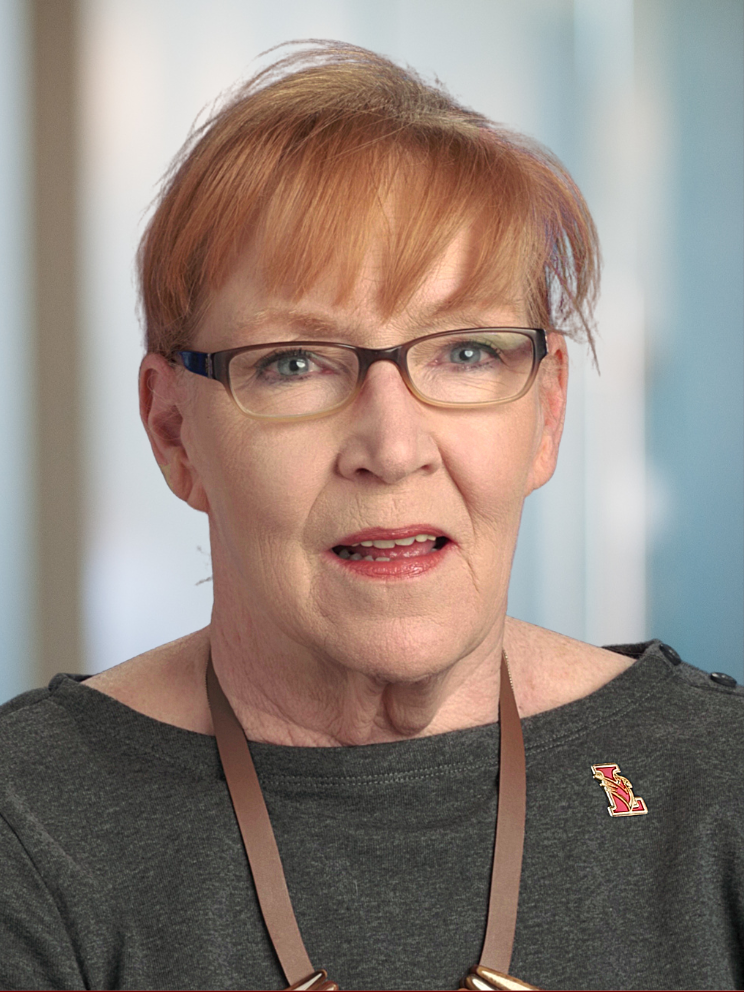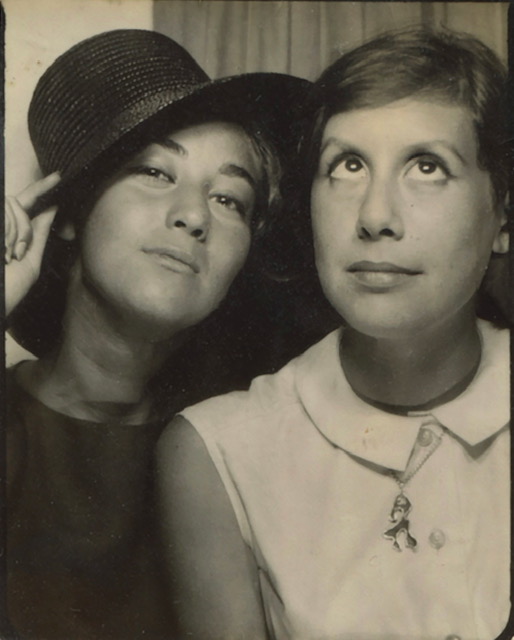My role as caregiver and advocate has me quite familiar with transitioning a patient from hospital back to home sweet home. In my experience, the weak link in the process is almost always with discharge instructions and expectations. Patients leaving facilities are overwhelmed with instructions they (and even their caregivers) can't understand; doctors' orders get lost and misinterpreted; one doctor doesn't know what the other has prescribed, and so on. When patients return home to an unsafe environment, unprepared to cope with new limitations, too often they end up right back in the hospital. It's a problem so pervasive that hospitals are now literally paying the price for readmissions—they're fined by Medicare.
We need better lines of communication, but we need to be better-informed patients too.
The challenge is often that doctors see only a health issue and not a person with a health issue. If someone has fallen at home or accidentally overdosed or suffered a burn, a doctor treats the repercussions. Someone needs to step in, evaluate the cause, then ask what can be done to prevent this from happening again when the patient returns home. A surgeon may feel the job is done after the last stitch is sewn, removing him- or herself from the patient's continuum of care, failing to explain in detail the possible side effects and ramifications of surgery. So it falls on us, as patients and as caregivers, to ask every question we can think of—and more. We have to speak up.
After cancer treatment, my mother was discharged without a clear understanding of what medications to resume at home—and her oncologist didn’t have a list of drugs prescribed by her primary care physician. Luckily, an astute pharmacist caught a duplication in the mix of meds she took; unknowingly, Mom was taking one drug prescribed at the hospital and the same one, only with a different name, from her doctor.
What can you do to be better informed when you (or someone in your care) are released from the hospital? Plan ahead as much as you can. Consider asking these questions—and more that are specific to your personal health and living situation—before you are discharged, and get the answers in instructions that you understand.
Medical management:
-
What is the name of the condition for which I'm being treated? (What is my diagnosis?)
-
Do I need to adapt my home to be safe when I return and, if yes, how so? Is it safe to stay alone? To drive?
-
How/when will my primary care doctor be receiving my records? Is there anything that my doctor should know about my stay in the hospital?
Pharmacy management:
-
Do I have prescriptions to fill?
-
How much of each drug should I take and for how long?
-
Are the new meds compatible with the ones I took prior to the hospital visit?
-
Do I need to stop taking or change any medication I’m currently taking?
-
Are vitamins and over-the-counter meds OK?
Managing expectations:
-
What constitutes an emergency or warrants a call to the doctor?
-
Any dietary restrictions?
-
Any physical limitations? Is it safe to resume sex? How much exercise?
-
Are there any products that might offer relief for this condition? (Pillows, braces, orthopedic shoes, raised toilet, etc.)
-
What is the plan for my follow-up care? Do I need to make appointments with specialists? Physical therapy?
-
Where do you see my progress in one month? Ninety days? When will I have full function returned?
There’s something else that I can’t recommend enough: consider identifying just one representative to advocate on your behalf (or, if you’re going to be the primary caregiver, ask the patient to appoint you as this advocate). This allows the health care professionals to spend their time with patients, rather than answering repetitive questions from several family members. The best approach is the proactive one. Speak up, ask questions before you leave for home—so you don't come back!

Pepper Evans works as an independent-living consultant, helping older adults age in place. She is the empty-nest mother of two adult daughters and has extensive personal and professional experience as a caregiver. She has worked as a researcher and editor for authors and filmmakers. She also puts her time and resources to use in the nonprofit sector and serves on the Board of Education in Lawrence Township, NJ.



